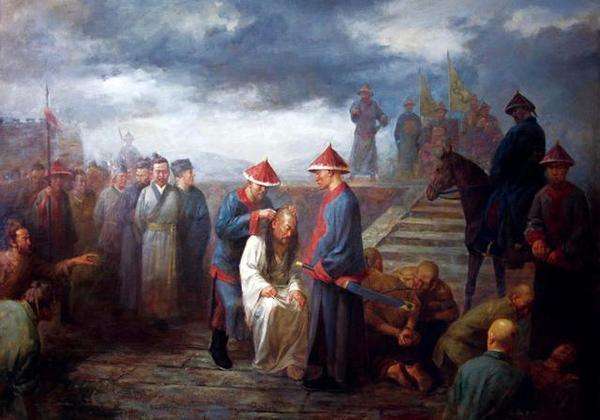In the winter of the thirty-seventh year of the first emperor of the Qin Dynasty (the first 210 years), Qin Shihuang was seriously ill while touring the plain and Tianjin, and expected that his life would soon be over. However, Qin Shihuang’s head was still clear, and he wrote an imperial edict to Fu Su: "Buried with the funeral in Xianyang". Qin Shihuang died soon, and the imperial edict was also seized by Zhao Gao. Zhao Gao immediately colluded with Reese to tamper with the imperial edict, gave Fu Su and Meng Tian capital punishment, and changed Hu Hai to Qin Ershi. This incident completely disrupted the development track of the Qin Dynasty. According to the normal development, Fu Su, the eldest son, succeeded to the throne. "Historical Records" states that "Fu Su was benevolent." If Fu Su comes to power, it will certainly adjust the harsh ruling environment of the Qin Dynasty, reconcile social contradictions and continue the rule of the Qin Dynasty.
In 2008, Cao Cao, King of Wei Wu, who had basically unified the north, led 200,000 troops to conquer Sun Quan and Liu Bei in the south, and the two sides were at Chibi Station. As a result, Cao Cao was defeated by 50,000 Sun and Liu armies, and the unification of China failed. Before Battle of Red Cliffs, Cao Cao had absolute strength to complete the reunification of China. However, after Battle of Red Cliffs’s failure, Sun Quan consolidated his position in Jiangdong, while Liu Bei took the opportunity to make progress in Yizhou, which continued the separatist strength. After the failure of this reunification, China once again realized the real great reunification, and it was not until the Sui Dynasty.
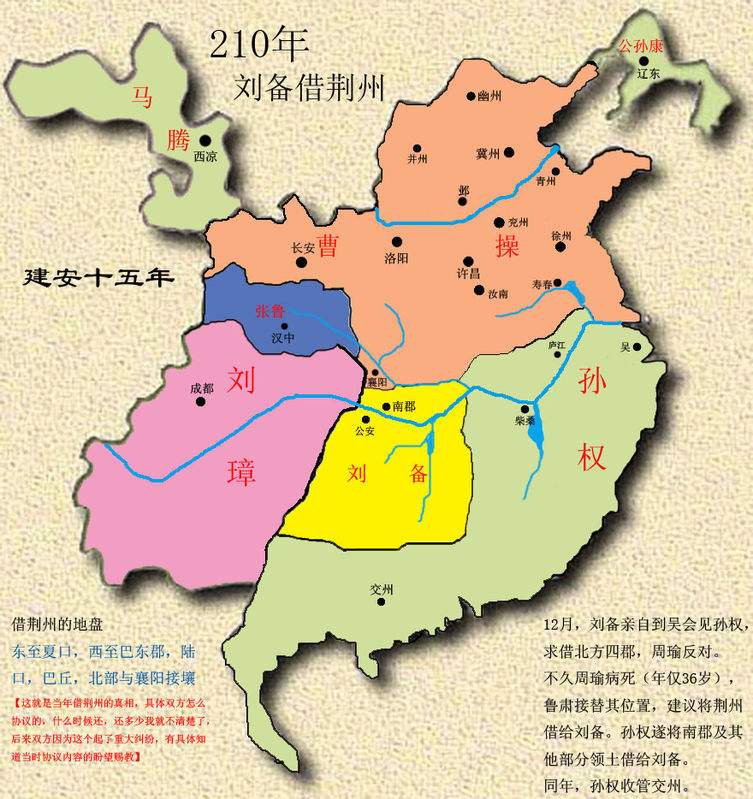
In 383, Fu Jian had unified the north, and it was only an Eastern Jin Dynasty away from the unification of China. At this time, the Eastern Jin Dynasty was poor and weak, but the north just had an economic war and the economy had yet to recover. However, Fu Jian was eager for reunification, so he mobilized 800,000 troops to March south, and was finally defeated by 80,000 troops in the Eastern Jin Dynasty on the Huaihe River. After that, Fu Jian was killed and the north was divided again. If Fu Jian consolidates the rule in the north and sends troops again, it can maintain the rule in the north, even if it cannot be unified.
In 471, Emperor Xiaowen of the Northern Wei Dynasty succeeded to the throne and began a large-scale sinicization reform, and moved the capital to Luoyang. This reform has made Xianbei people completely integrated into the Han nationality, creating conditions for the reunification of China. Without Emperor Xiaowen’s reform, the north will be ruled by the Hu people for a long time, and the Han regime can only settle in the southeast, even leading to the powerful rule of China by the Turks. Emperor Xiaowen’s reform has solved the crisis of "five random flowers" and enabled Chinese civilization to continue to exist and develop.
Emperor Yangdi was originally an excellent emperor, who made great contributions to the unification and territorial expansion of China. However, one thing that Emperor Yangdi did made all his efforts come to naught, that is, three levies of Korea. From 612 to 614, Emperor Yangdi made three expeditions to Koguryo, all of which ended in failure. It can be said that the army mobilized by the three expeditions to Korea was unprecedented, which basically consumed the national strength of the Sui Dynasty, so that the rebellion occurred and the princes became independent. Otherwise, the Sui Dynasty would have existed for quite a long time.
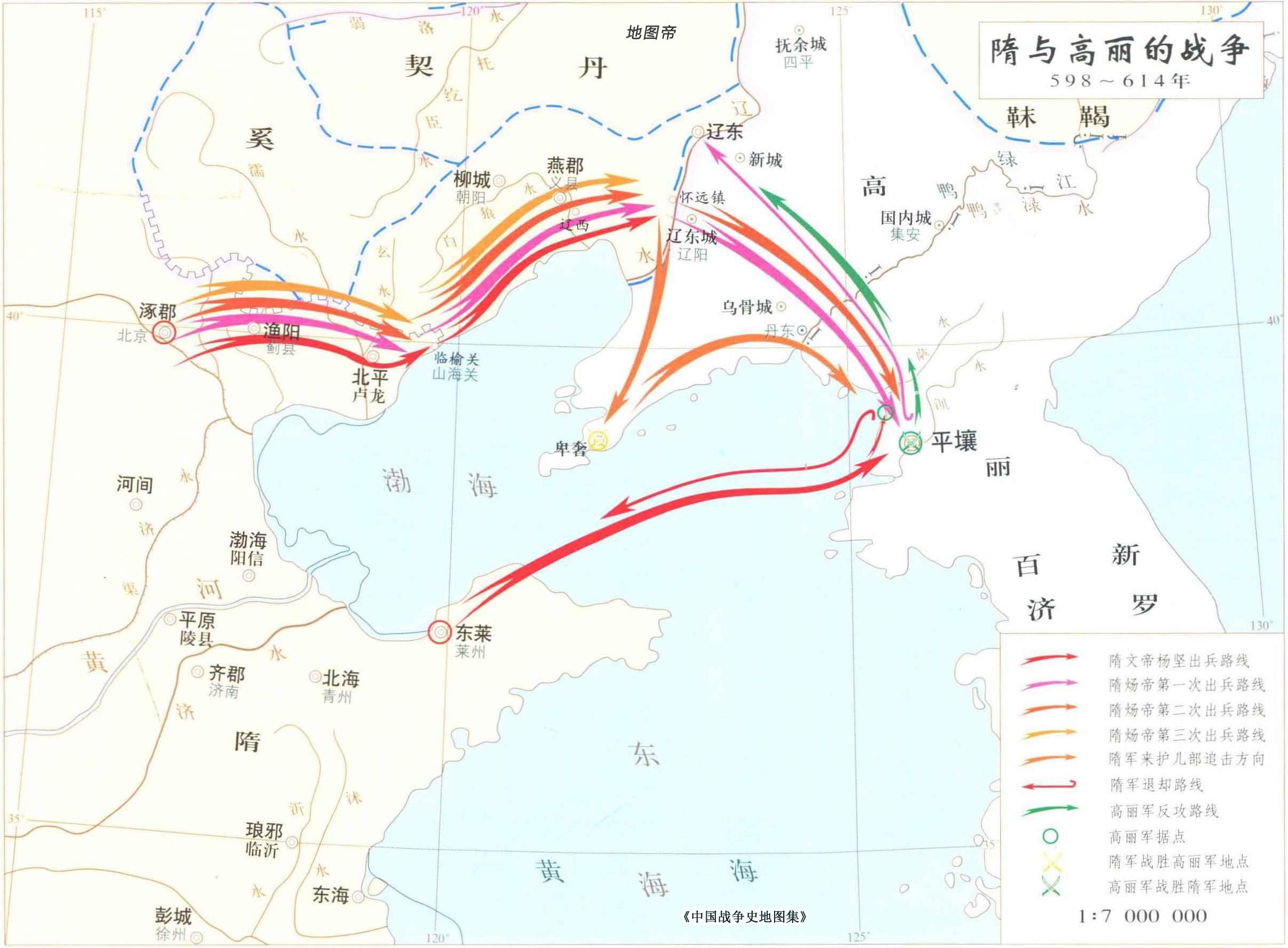
In 755, the thriftiness of the three northern towns caused An Lushan to launch a rebellion, and Shi Siming was involved in this incident, so it was called "An Shi Rebellion". The turmoil lasted until 763. The Anshi Rebellion destroyed the productive forces in the north of the Tang Dynasty, which led to the shift of China’s economic center of gravity to the south. In the process of suppressing the Anshi Rebellion, local envoys took the opportunity to establish a buffer region, and the Tang Dynasty fell into the era of the separatist regime of the buffer region and went into decline. In fact, the Anshi Rebellion should have been put down soon. The reason why it caused such great damage was that Emperor Xuanzong of Tang Dynasty executed Gao Xianzhi and Geshuhan, the commanders of Tongguan, and changed the war pattern.
In 936, during the Five Dynasties and Ten Kingdoms period, the Khitan in the north had risen. In order to get the support of the Khitan, Shi Jingtang ceded sixteen states of Youyun to the Khitan. Subsequently, with the support of the Khitan, Shi Jingtang destroyed the Later Tang Dynasty, established the Later Jin regime, and called the Khitan "the son emperor". This incident had a far-reaching impact on China, and the Central Plains was completely exposed under the iron hoof of the Khitan, which was an important reason for the weakness of the Song Dynasty.
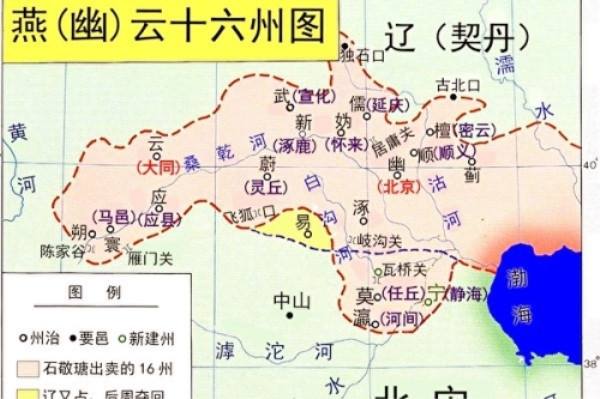
In 1259, Mongolian Khan Mongo led hundreds of thousands of troops to besiege the southwest military castle-Fishing City. In this battle, the Mongolian army could not attack for a long time, and Mongo was killed by an arrow, and Mongolia was forced to withdraw. After Mongo’s death, there was a war for the position of Khan in Mongolia, and the pace of Mongolia’s western expedition also stopped. Subsequently, Kublai Khan, who supported the Han culture, won the victory and established the Yuan Dynasty. And several great khanates in Mongolia have also split out. Therefore, the battle of Fishing City not only changed the history of China, but also changed the history of the world.
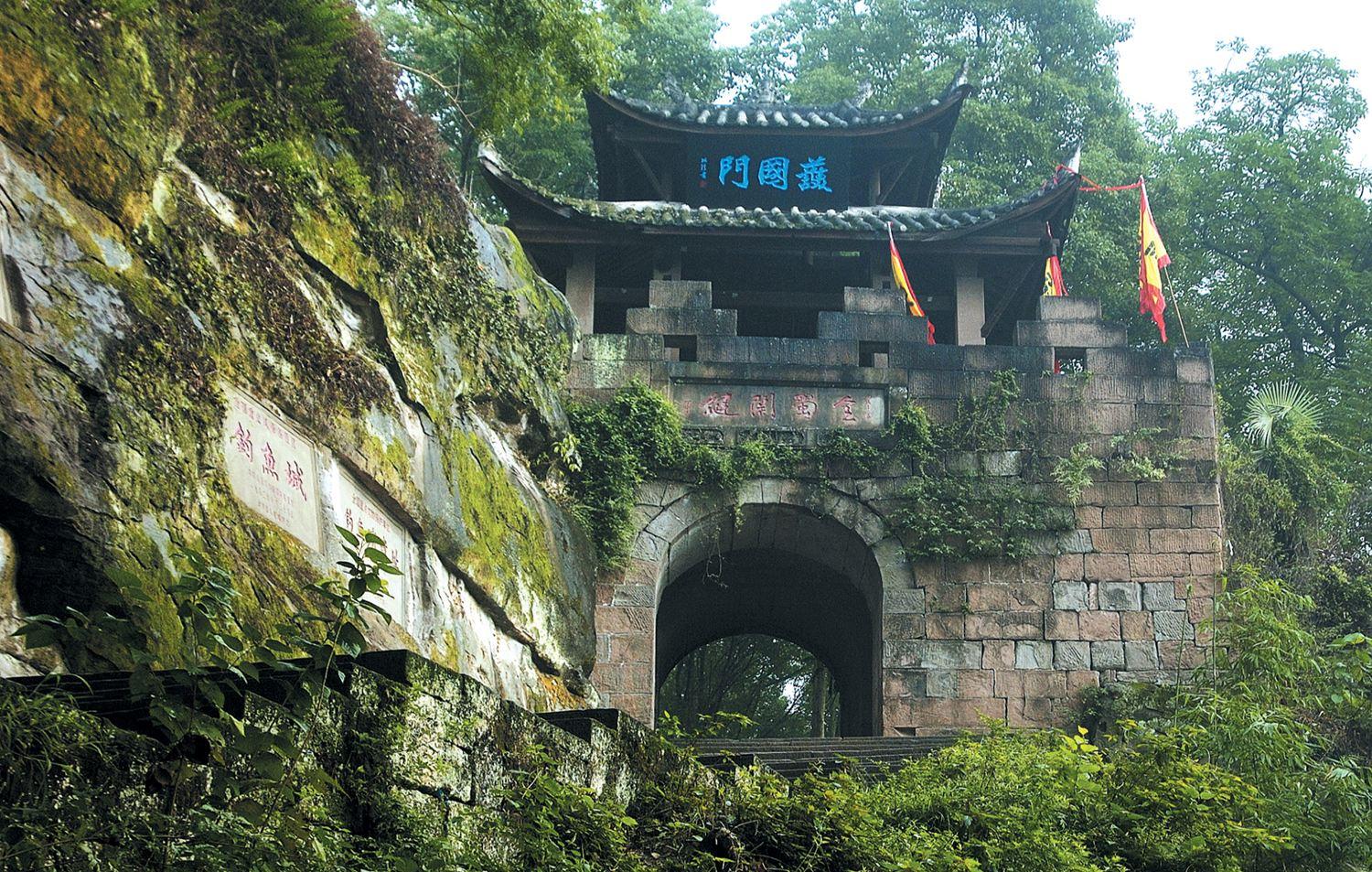
In 1398, Zhu Yuanzhang died, and his grandson Zhu Yunwen succeeded him as his Emperor. Emperor Jianwen advocated judo and benevolent governance, which could correct many disadvantages of Zhu Yuanzhang’s period. However, shortly after Zhu Yunwen came to power, the "Battle of Jing Nan" broke out because of the problem of reducing vassals. Zhu Di, the prince of Yan, replaced the rule of Emperor Jianwen and became Emperor Yongle, and moved his capital to Beijing. Emperor Yongle’s measures to govern the country are no different from Zhu Yuanzhang’s. His coming to power deepened the autocratic rule of the Ming Dynasty.
In 1644, Li Zicheng led the peasant army into Beijing and overthrew the rule of the Ming Dynasty. Subsequently, Li Zicheng failed to deal with the Wu Sangui issue. Then Wu Sangui used the "Chen Yuanyuan Incident" as an excuse to openly collude with the Manchu regime and lead the Qing soldiers into the customs. Under the joint strangulation of Wu Sangui and Dourgen, the "Dashun" regime in Li Zicheng soon fell, and the Qing army went south, conquered the north and south of the great river and established the Qing Dynasty.
